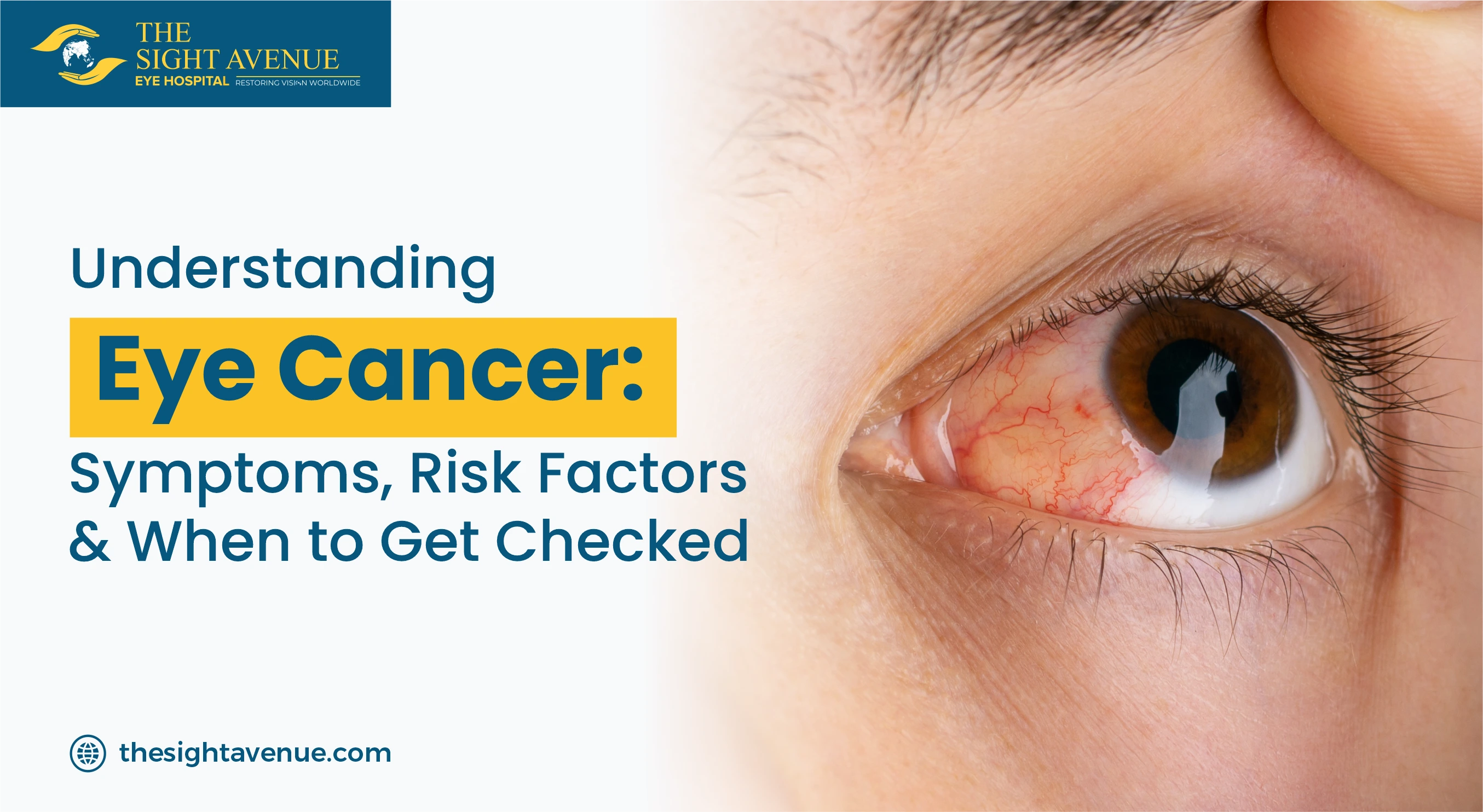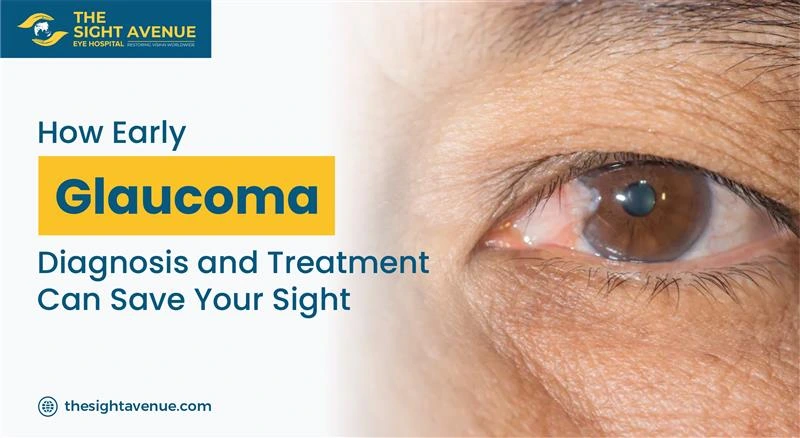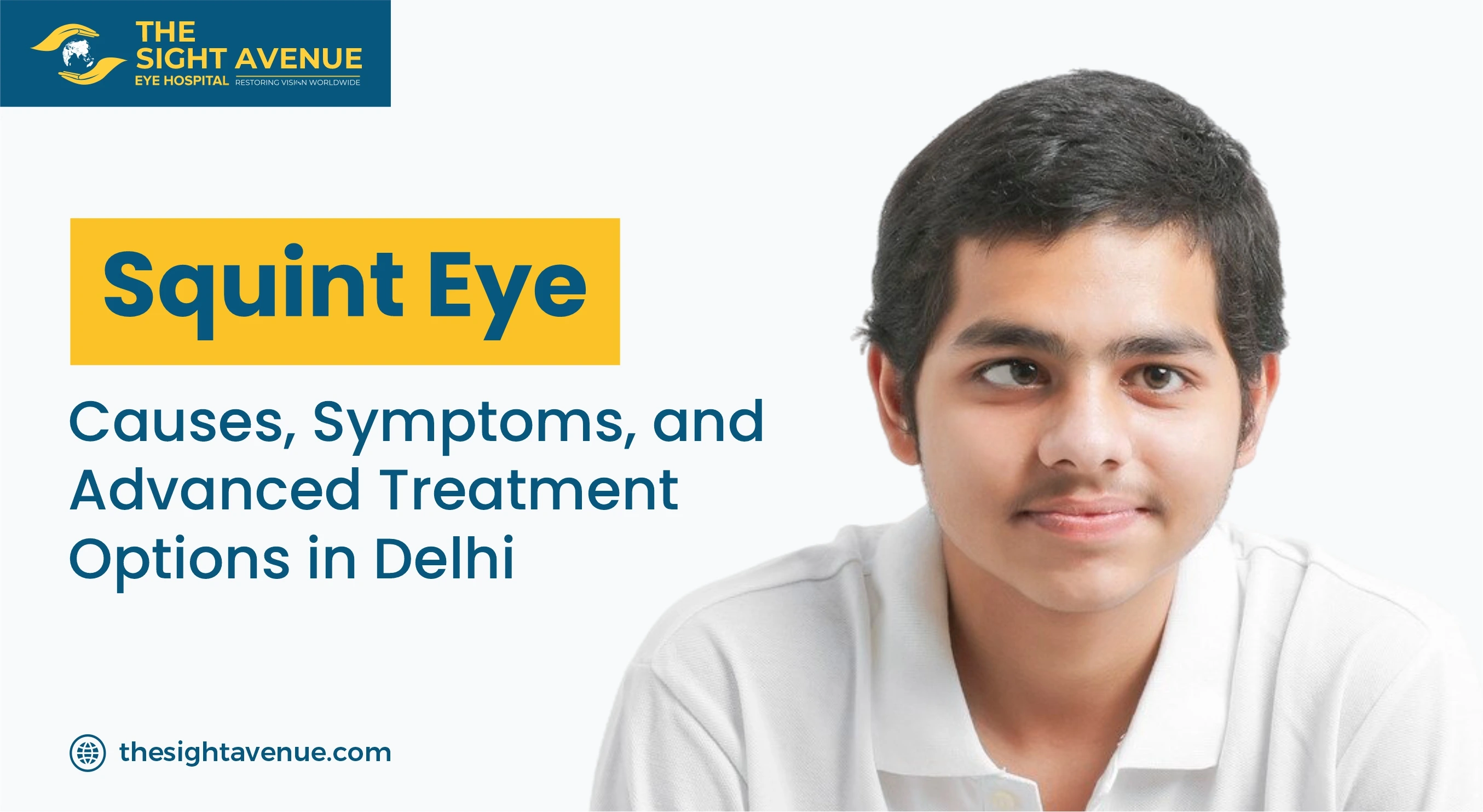Vision Changes During Pregnancy: What to Expect

The state of pregnancy has been well documented as to have variation in metabolic, hemodynamic and hormonal equilibrium throughout its course. It is a natural physiological process that is well tolerated in most, but in some susceptible women this condition may potentiate previously dormant systemic and ophthalmological conditions.
These physiological changes are important to meet the needs of the fetal growth and development, and to prepare for delivery. It is the second and third trimesters of pregnancy, when the level of estrogen is significantly higher and which causes the most eye related discomforts
The few conditions that don’t have any serious threat are: -
- Increase in hydration of collagen around the eye
- Increase in corneal sensitivity
- Corneal edema
- Variations in intraocular pressure
- Dropping of eyelids (ptosis)
- Pigmentation surrounding the eye
- Transient vision loss rarely permanent (never neglect)
- Transient constriction of visual field (never neglect)
- Refractive changes (Myopia)
The few associated conditions that should not be neglected are: -
- Hypertensive disorder complicating pregnancy and hypertensive retinopathy
- Exudative Retinal Detachment
- Retinal Vascular Occlusive Disease
- Central Serous Chorioretinopathy
- Diabetic Retinopathy
For these special groups of individuals, it becomes necessary to be under close follow-up of both ophthalmologists and obstetricians. Since during pregnancy most medications are contraindicated or need special dose adjustments before initiating, doctors often face tough decisions such as whether to perform active treatment for the primary disease or just to observe the condition.
Related Blog: Blurry Vision in Pregnancy
Hypertensive disorder complicating pregnancy
It is the one of the most commonly encountered condition by the obstetricians, and is seen usually after 20 weeks of pregnancy and patient might experience high blood pressure and convulsions or coma. Patient might have visual hallucination, blind spot, double vision, decrease in color contrast sensitivity, and loss of peripheral vision. If any one experiencing these should never delay medical attention.
Exudative Retinal Detachment
Patient might experience gradual blurring of vision, it is a consequence of choroidal vascular damage in the choriocapillaris layer, which leads to the accumulation of subretinal fluid with damage to the retinal pigment epithelium. It is considered as ophthalmological emergency.
Related Blog: Retinal Detachment Surgery - Diagnosis and Treatment Explained
Retinal Vascular Occlusive Disease
During pregnancy there is a state of hypercoagulability due to modifications of platelets, clotting factors and blood flow hemodynamic fluctuations which may lead to occlusive crisis and of the central retinal artery or cilioretinal artery is a possible condition during gestation with evident hypercoagulability. Occlusion of the central retinal vein is more common in diabetic and smoker patients who already have atherosclerosis
Central Serous Chorioretinopathy (CSCR)
It is characterized by an accumulation of fluid in subretinal space which causes localized circumscribed neurosensory retinal detachment. CSCR may present as an idiopathic episode during pregnancy and probably due to high serum cortisol levels.
Patients might experience metamorphopsia, visual loss, scotomas, and light sensitivity. Management of CSCR in pregnant females is challenging because of the teratogenic side effects of the medication on the fetus.
Diabetic Retinopathy
Gestational diabetes (GDM) may be defined as insulin resistance causing hyperglycemia that develops or has been first diagnosed during pregnancy. Usually this is transient, but few 5- 10% of patients will have a persistent hyperglycemia following pregnancy and may be classified as diabetes mellitus type 2 (T2DM). Since this is transient, most of the cases don't develop diabetic retinopathy during pregnancy. Females with undiagnosed conditions might experience accelerated worsening of diabetic retinopathy. Early diagnosis and regular evaluation for these cases is essential. Neglecting and under treating might lead to irreversible eye changes and even vision loss.
Recent Blog- Bags Under Eyes
Conclusion:
Pregnancy can bring about temporary vision changes due to hormonal shifts, fluid retention, and changes in blood pressure or sugar levels. While many of these changes are harmless and go away after delivery, some may signal serious eye or systemic conditions that require immediate medical attention—like preeclampsia, diabetic retinopathy, or retinal detachment.
At The Sight Avenue Eye Hospital, Gurugram, our expert eye specialists work closely with your obstetrician to ensure safe and effective eye care throughout your pregnancy.
Notice any vision changes while pregnant? Don’t wait—book an eye check-up today!
By -
DR. SURAJ MUNJAL
DR. SUMAN GROVER
DR. SUMIT GUPTA
Eye problems? Searching for an eye specialist near me in Delhi NCR? The Sight Avenue has 5 eye clinics in Delhi NCR. Contact us today!
Eye Hospital in Delhi
- The Sight Avenue
- The Sight Avenue
- The Sight Avenue
E-82-A, Ground Floor, Hansraj Gupta Rd, Greater Kailash I, New Delhi, Delhi 110048
Email:enquiry@thesightavenue.com
Tel : 011-4666 0666
Mob : +91-8883330799
Fortis Hospital, Escorts Okhla, New Delhi
Fortis Hospital, Vasant Kunj, New Delhi
Recent Post





